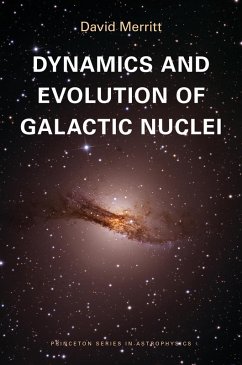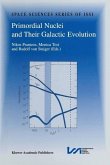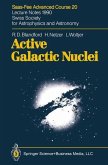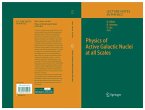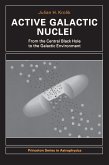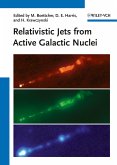Deep within galaxies like the Milky Way, astronomers have found a fascinating legacy of Einstein's general theory of relativity: supermassive black holes. Connected to the evolution of the galaxies that contain these black holes, galactic nuclei are the sites of uniquely energetic events, including quasars, stellar tidal disruptions, and the generation of gravitational waves. This textbook is the first comprehensive introduction to dynamical processes occurring in the vicinity of supermassive black holes in their galactic environment. Filling a critical gap, it is an authoritative resource for astrophysics and physics graduate students, and researchers focusing on galactic nuclei, the astrophysics of massive black holes, galactic dynamics, and gravitational wave detection. It is an ideal text for an advanced graduate-level course on galactic nuclei and as supplementary reading in graduate-level courses on high-energy astrophysics and galactic dynamics.
David Merritt summarizes the theoretical work of the last three decades on the evolution of galactic nuclei, the formation of massive black holes, and the interaction between black holes and stars. He explores in depth such important topics as observations of galactic nuclei, dynamical models, weighing black holes, motion near supermassive black holes, evolution of nuclei due to gravitational encounters, loss cone theory, and binary supermassive black holes. Self-contained and up-to-date, the textbook includes a summary of the current literature and previously unpublished work by the author.
For researchers working on active galactic nuclei, galaxy evolution, and the generation of gravitational waves, this book will be an essential resource.
David Merritt summarizes the theoretical work of the last three decades on the evolution of galactic nuclei, the formation of massive black holes, and the interaction between black holes and stars. He explores in depth such important topics as observations of galactic nuclei, dynamical models, weighing black holes, motion near supermassive black holes, evolution of nuclei due to gravitational encounters, loss cone theory, and binary supermassive black holes. Self-contained and up-to-date, the textbook includes a summary of the current literature and previously unpublished work by the author.
For researchers working on active galactic nuclei, galaxy evolution, and the generation of gravitational waves, this book will be an essential resource.

